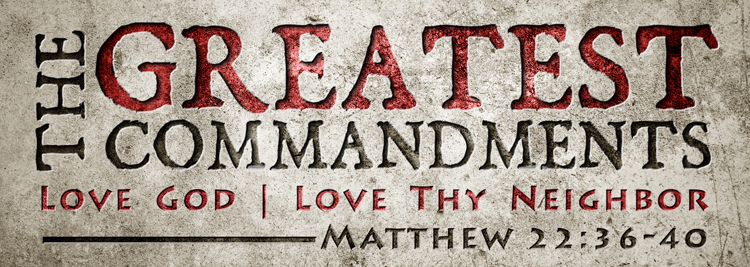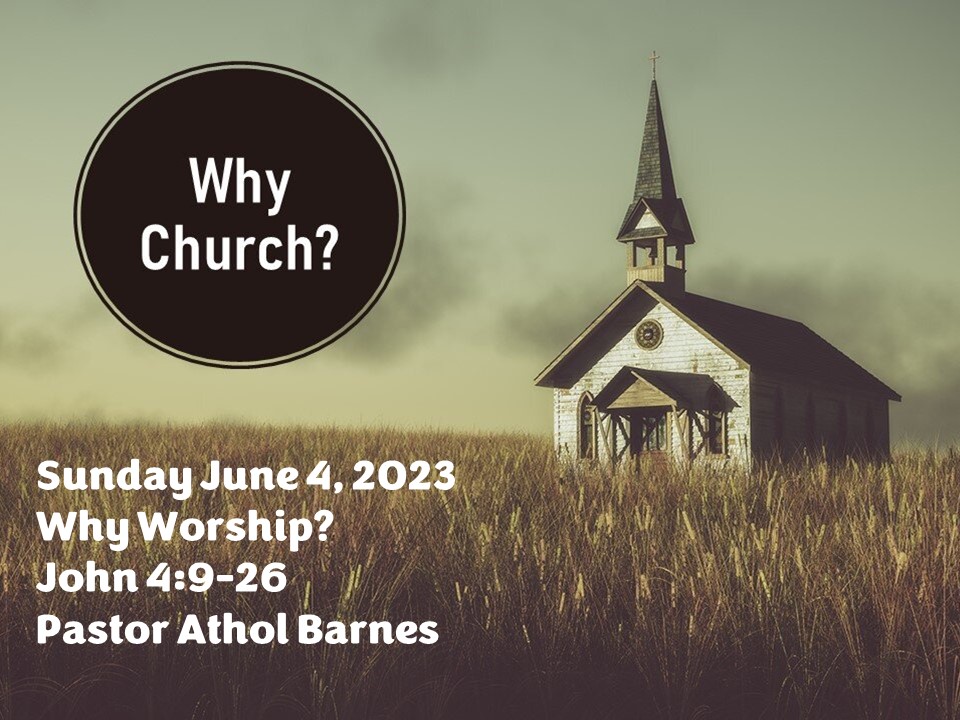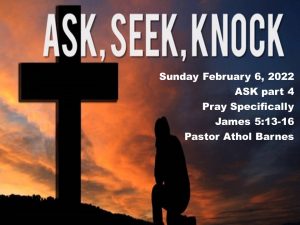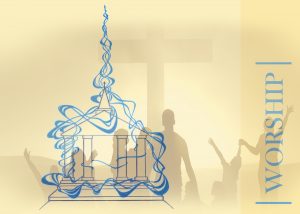
As I type this, I am sitting in a small cabin at Shalom retreat center near Mound City, KS. I try to begin the year with a time of prayer and fasting, asking the Lord for refreshing and His wisdom for the year ahead. This has been a particularly good time with the Lord, and I feel excited to jump into the new year. If only I can get home…the snow seems to have blocked all the surrounding roads.
As I was reflecting on what is the most important thing that the Lord wants us to focus on in 2024, I was reminded of two seemingly competing scriptures. Let me explain.
In Matthew 22, Jesus is asked by a lawyer, “Teacher, which is the great commandment in the law?” To which Jesus responds, ““You shall love the Lord your God with all your heart and with all your soul and with all your mind. This is the great and first commandment. And the second is like it: You shall love your neighbor as yourself. On these two commandments depend all the Law and the Prophets.” Matthew 22:36-40.
We understand that this is the Great Commandment and as Jesus says, it is the most important law for us to obey. But in reading 1 Corinthians 15, Paul seems to have a different priority. We read in 1 Corinthians 15:3-4, “For I delivered to you as of first importance what I also received: that Christ died for our sins in accordance with the Scriptures, that he was buried, that he was raised on the third day in accordance with the Scriptures.”
Paul gives the most succinct declaration of the Gospel that we have in the Bible, and he says that it is, “of first importance.”
So, does Paul’s exhortation supersede Jesus’ teaching? Or is the Great Commandment the most important thing for believers?
Almost ten years ago now, the Lord gave our church at Grace Point a picture of four pillars on which the foundation of the church rests. Worship, Word, Mission, and Compassion. You may have seen the slightly faded prints behind the coffee station. If you haven’t already, take some time to read the scriptures and inscriptions below the pictures.
As I was reflecting on the four pillars, I realized that the instructions of Jesus and the letter of Paul are not competing, but rather complimentary.
To Worship is to Love the Lord our God with all our heart, soul, and mind (Matthew 22:37).
The Word of God is what Jesus was talking about when he said, “On these two commandments depend all the Law and the Prophets” (Matthew 22:40).
The Mission of the church is to proclaim the Gospel to the lost world around us, and this includes loving our neighbor and sharing what Paul declares is “of first importance” (1 Corinthians 15:3).
The Church is called to acts of Compassion, and we do this by obeying Jesus when he said, “You shall love your neighbor as yourself” (Matthew 22:39).
As we enter into this New Year, many of us are making new year’s resolutions. We tend to spend time refocusing and committing to things that we value, things that are important to us. I want to challenge us all to prioritize our lives and our commitments around the things that the Bible teaches are of First Importance.
My prayer for this year is that we will grow together in love for God, love for our neighbor, and passion for the Gospel.










